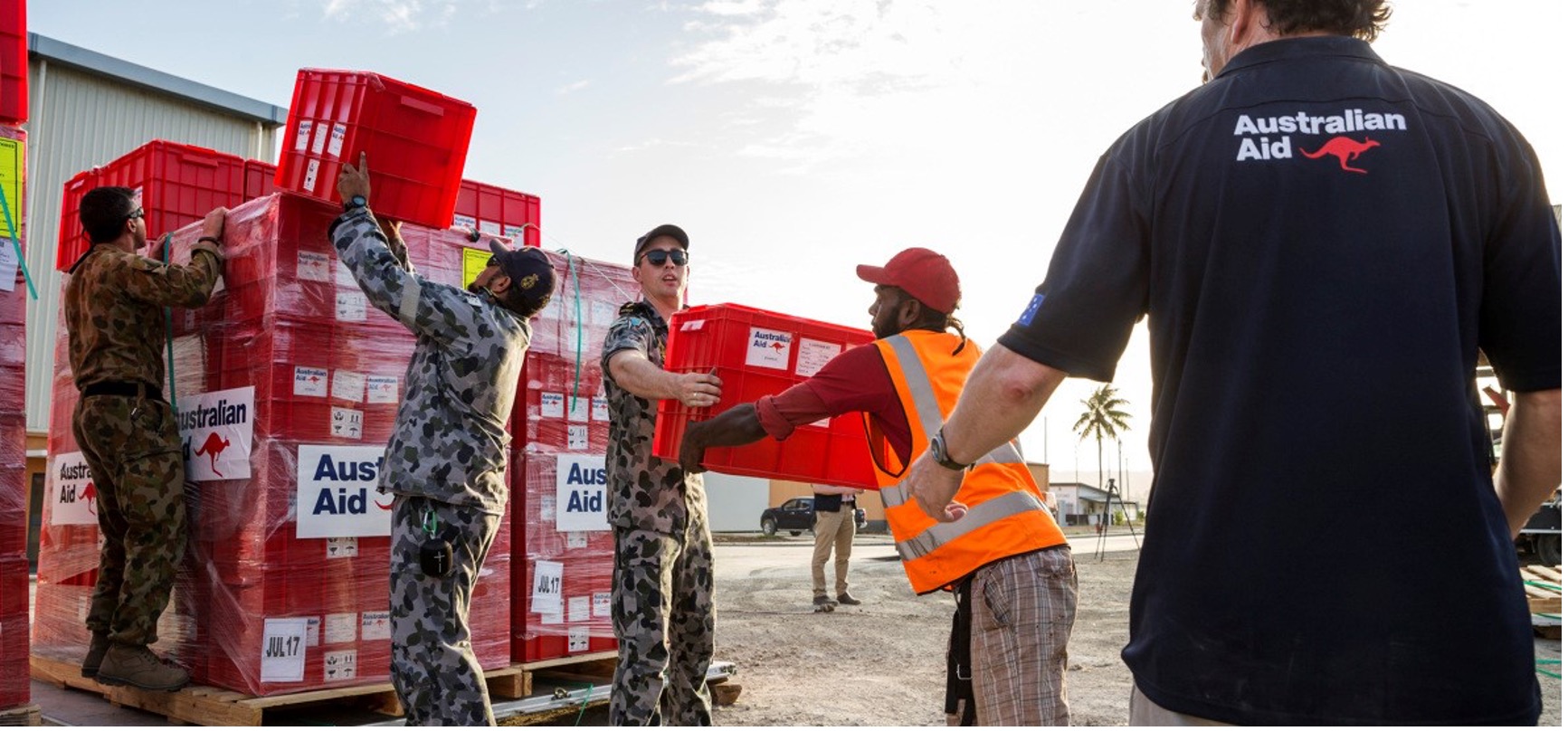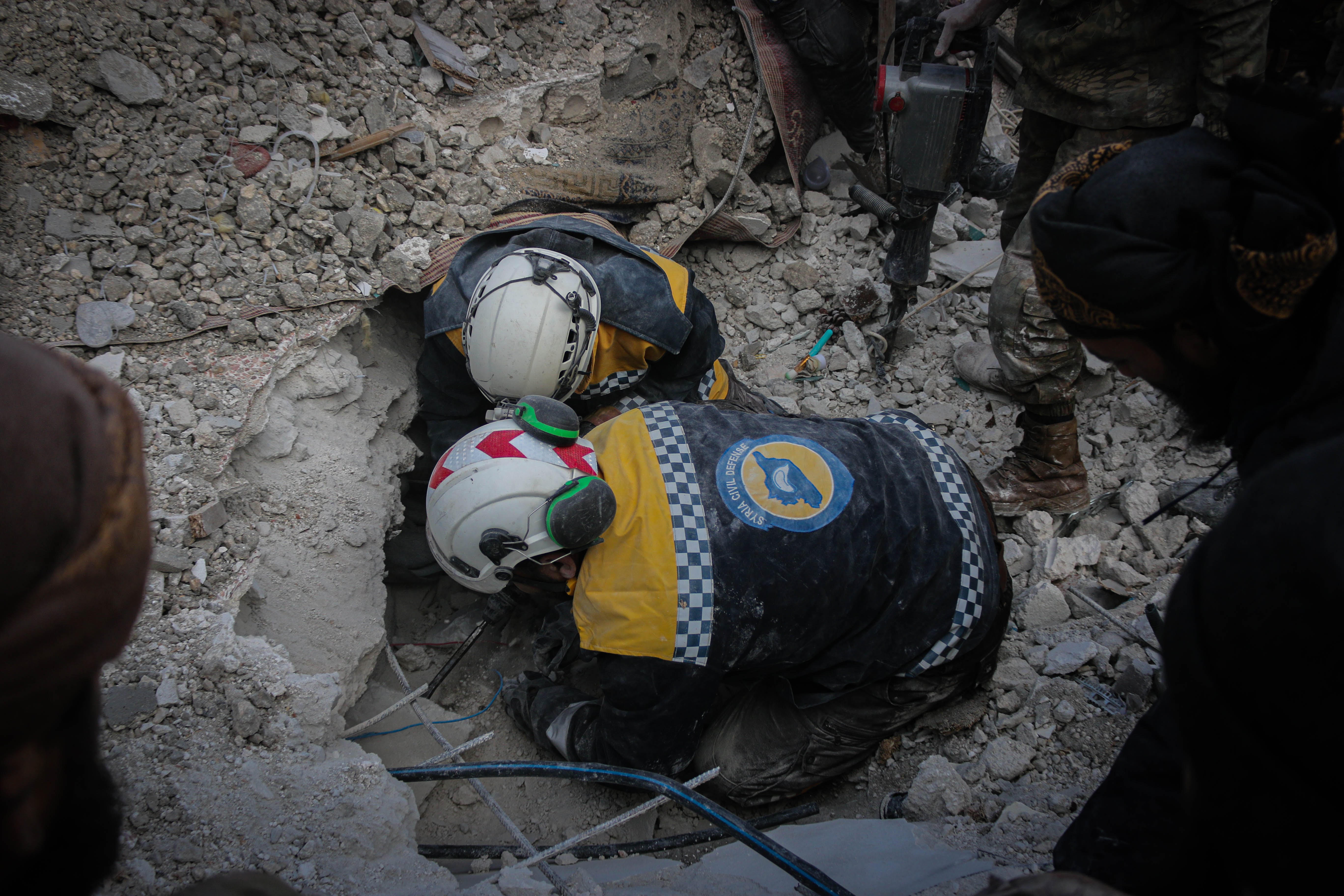This blog is part of HAG’s 5th birthday series. To see our story, check out our 5-year timeline.
In the lead-up to Humanitarian Advisory Group’s (HAG) five-year anniversary we have reflected on where we have come to as organisation, how we can continue to influence and promote best practice in a changing humanitarian context and ultimately, how we can continue to make a difference. Our reflections also led me to reflect on why I joined HAG in the first place and why three years on I am committed as ever. As well as working alongside some of the smartest, astute and supportive women I know, one of the things I have come to respect most about HAG is its support for women in leadership and the diverse pathways offered to women in the humanitarian sector at all stages of their careers.
Like so many women, I try to balance family with a rewarding and challenging career. This sometimes mean fielding calls with children in the background, working at the kitchen bench, or racing for school pick up. But working in humanitarian contexts adds an extra dimension to this complicated mix. We travel into situations of conflict and other dangerous locations, never quite sure whether flights will take off, or whether closures or curfews will keep us stranded for a few extra days. And we never know when the next sudden onset disaster might hit. The extra layer of unpredictability associated with humanitarian work makes this balance even harder.
So how is HAG different? It is different because it has developed into a business model that is supportive, promotes and enables women’s leadership at all stages of their careers. For me, this translates into investing in my expertise and professionalism and providing me with the flexibility and independence to manage the rest. I control how I use of my time and when I travel. And when more than anything I just need to get to that kids concert at school, I can. Well, not always, but I try.
We know that women remain significantly underrepresented in leadership roles in Australia. Only one out of every six CEOs in Australia is a woman and despite making up half of the nation’s workforce women hold just over a third of manager roles. In the humanitarian sector women aspiring to leadership positions face comparable disadvantages. Research conducted by Humanitarian Advisory Group and Centre for Humanitarian Leadership found that less than one third of UN Humanitarian Coordinators worldwide are women. This is despite women making up 75% of the entire humanitarian workforce.
Research also shows that the problem is not only about the number of women in leadership roles but barriers in their pathways to attaining them. As women’s careers progress, their representation declines, along with their opportunities. This transition may be hindered by multi-layered structural and cultural barriers and bias. Tensions between professional roles and caring responsibilities are also significant factors and may explain why some women opt out of leadership roles. But women’s leadership or lack of can also be largely impacted by workplace policies and practices.
Humanitarian Advisory Group have made significant inroads to overcoming these barriers by promoting multi-level pathways to support women’s leadership. Flexible working arrangements have been instrumental to my career progression at HAG. But other work place practices such as the internship program, support to emerging practitioners and Melbourne University Careers Program all promote pathways for women aspiring to a leadership roles in the humanitarian sector. More recently HAG is considering its diversity and inclusion policy through programs for indigenous youth. The use of mentors, family postings and flexible working arrangements all impact on women’s ability to move and progress and continue to contribute to this sector.
Many of these policies and approaches were well-planned, but in many ways the business structure and approach at HAG stemmed from women leaders themselves working through what policies and practices worked for best them and how they could support other women along their pathways.
What I like most about HAG? We walk the talk. For women to believe in their leadership aspirations they need to see and learn from other women leaders. In my 8 years working in the field with the UN, Red Cross and NGOs I had very few women role models who managed their careers with a family. There were a lot of men in senior positions with spouses and children, but not a lot of women. At HAG, I am surrounded by women managing this mix!
We need more workplaces and leaders willing to think outside of the box and change the way we approach women’s leadership. Business models can, and should be flexible and adaptive to women’s needs. Employers and leaders can identify new and creative approaches to ensure women are getting the right support and experience to advance their careers. No sector can afford to lose the women they have invested in right when they can contribute the most.
Sally has spent 8 years living and working in situations affected by armed conflict or natural disasters. She currently resides in Bangkok with her husband three children.






